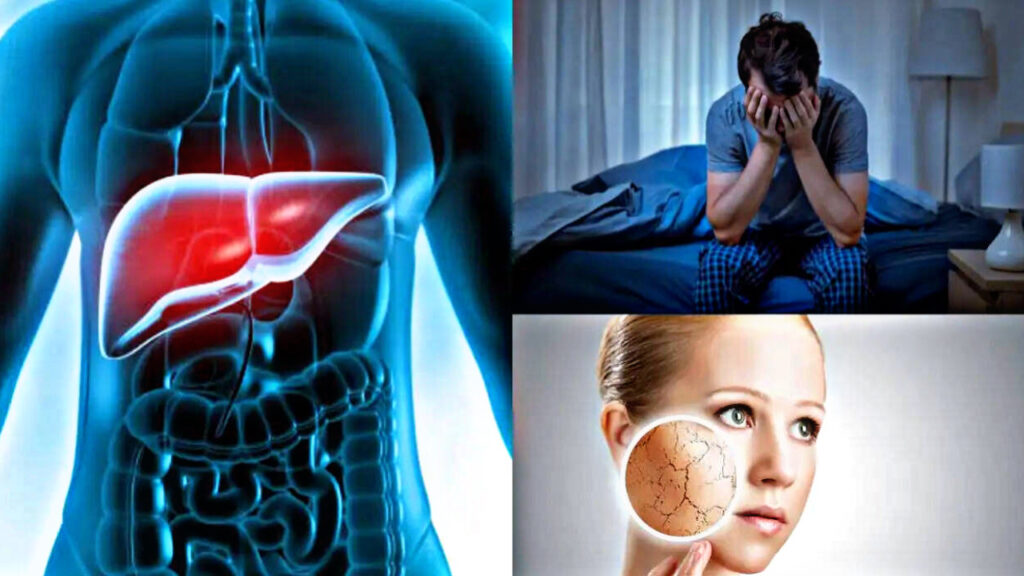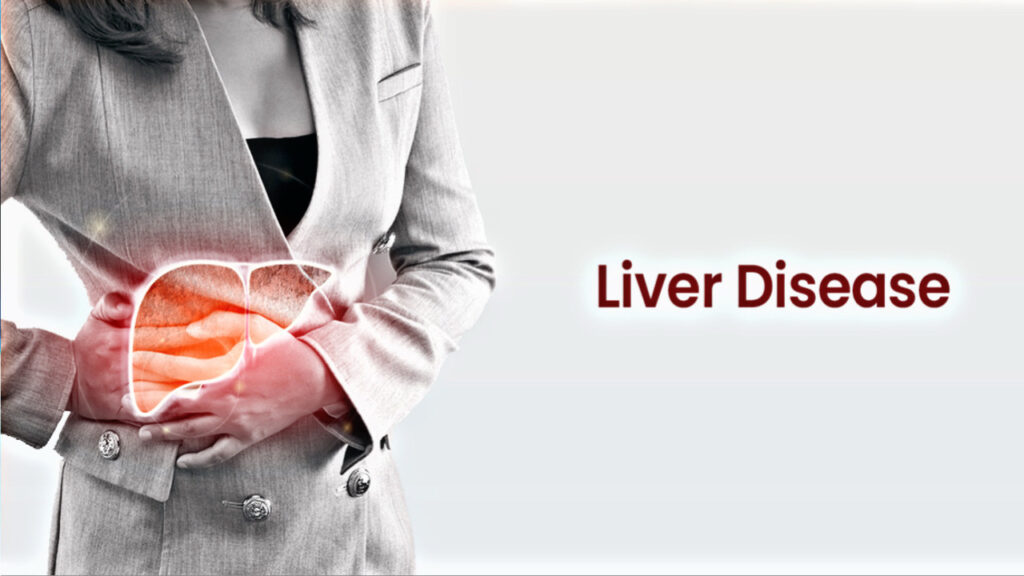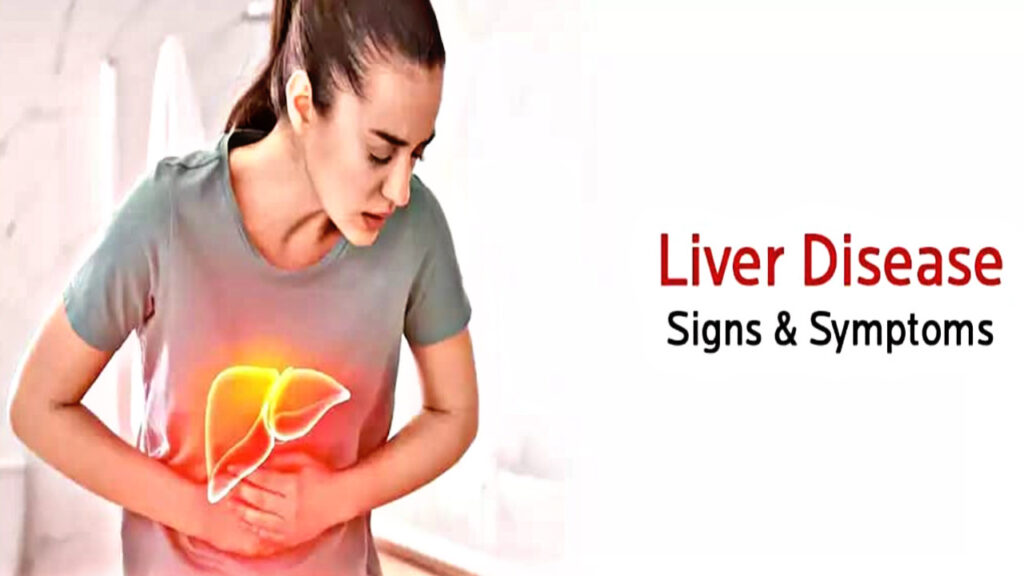Liver
The liver is one of the most vital organs in the human body, responsible for filtering toxins, producing bile for digestion, and regulating many metabolic processes. When the liver is not functioning properly, it often gives warning signs not just internally, but also externally, especially through changes on the face and skin. Recognizing these early signs can help in identifying liver issues before they become severe.

1. Yellowing of the Skin and Eyes (Jaundice)
One of the most common and visible signs of liver dysfunction is jaundice. This condition causes the skin and the whites of the eyes to turn yellow. It happens when the liver fails to properly break down bilirubin, a yellow pigment produced from the breakdown of red blood cells. High levels of bilirubin in the blood result in its accumulation in the skin and eyes.
2. Itchy Skin
Persistent itching without an obvious cause can also point to liver problems. When bile builds up in the bloodstream due to a blockage or liver disease, it can lead to skin irritation and itching. This itching is usually more intense at night and may not be relieved by scratching.
3. Spider Angiomas (Spider Veins)
These are small, spider-like blood vessels that appear just beneath the surface of the skin. They are most commonly seen on the face, neck, upper chest, and arms. Spider angiomas are caused by increased estrogen levels, which can occur when the liver is damaged and cannot properly break down hormones.
4. Pale or Chalky Skin
In some cases, people with liver disease may notice their skin becomes unusually pale. This may be due to anemia or poor liver function, which can interfere with the body’s ability to produce red blood cells and maintain healthy skin color.

5. Red Palms (Palmar Erythema)
Redness in the palms is another common sign of liver disease. Known as palmar erythema, this condition is caused by changes in blood flow and hormonal imbalances associated with liver damage. The redness may extend to the fingers and is usually not painful or itchy.

6. Facial Swelling or Puffiness
Swelling in the face, especially around the eyes, may be an early warning of liver inflammation or fluid retention. A poorly functioning liver can lead to imbalances in fluid and salt, which results in puffiness.
7. Dark Spots or Patches on the Skin
Liver problems may also lead to hyperpigmentation or dark patches on the skin, particularly on the face. These spots, sometimes referred to as “liver spots,” are more common in people with chronic liver conditions and may be caused by hormonal imbalance or toxin buildup.
The face and skin often reflect the health of internal organs. When it comes to liver disease, early signs like jaundice, itching, and skin discoloration should not be ignored. If you notice any of these symptoms, it is important to consult a healthcare provider promptly. Early detection and proper care can help manage liver conditions effectively and prevent further damage.





